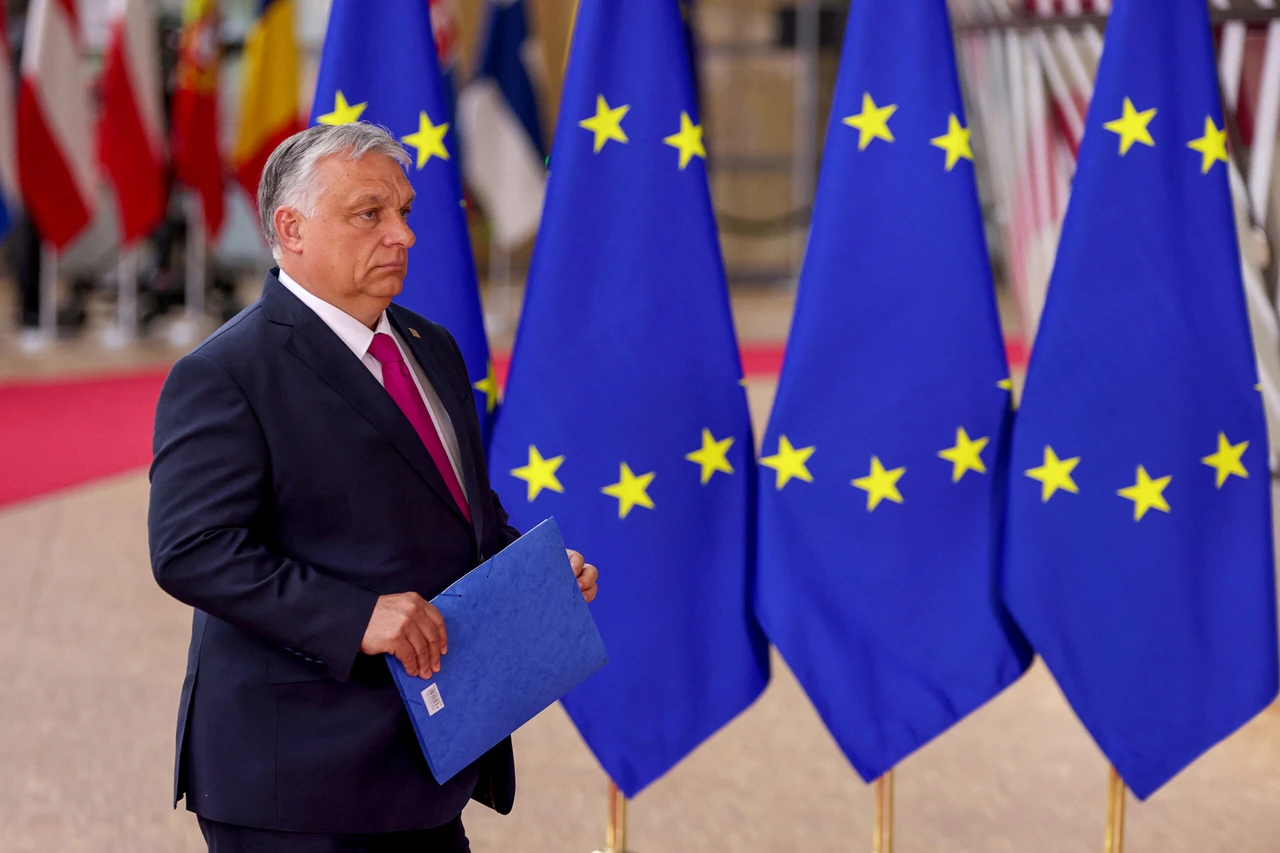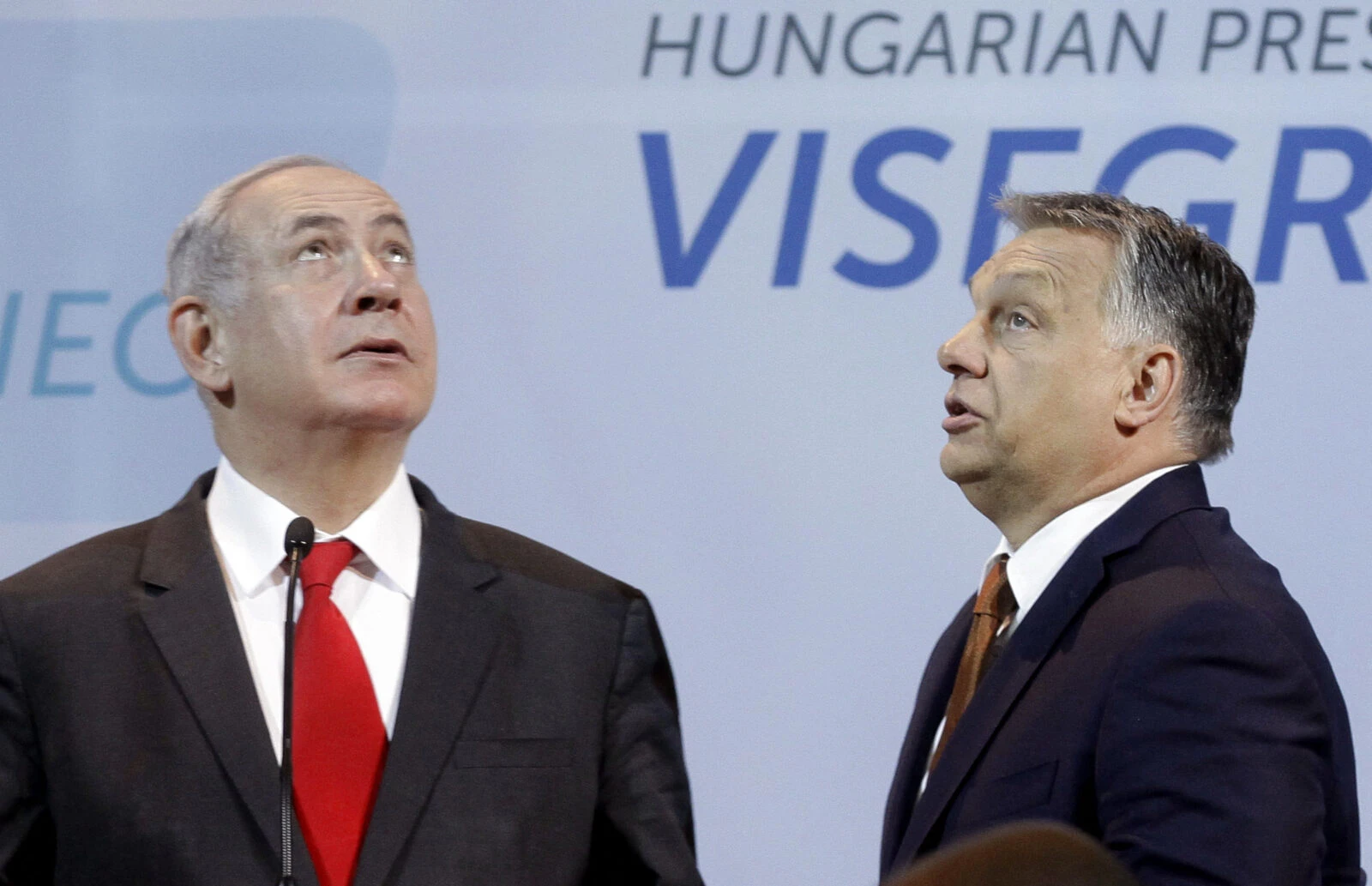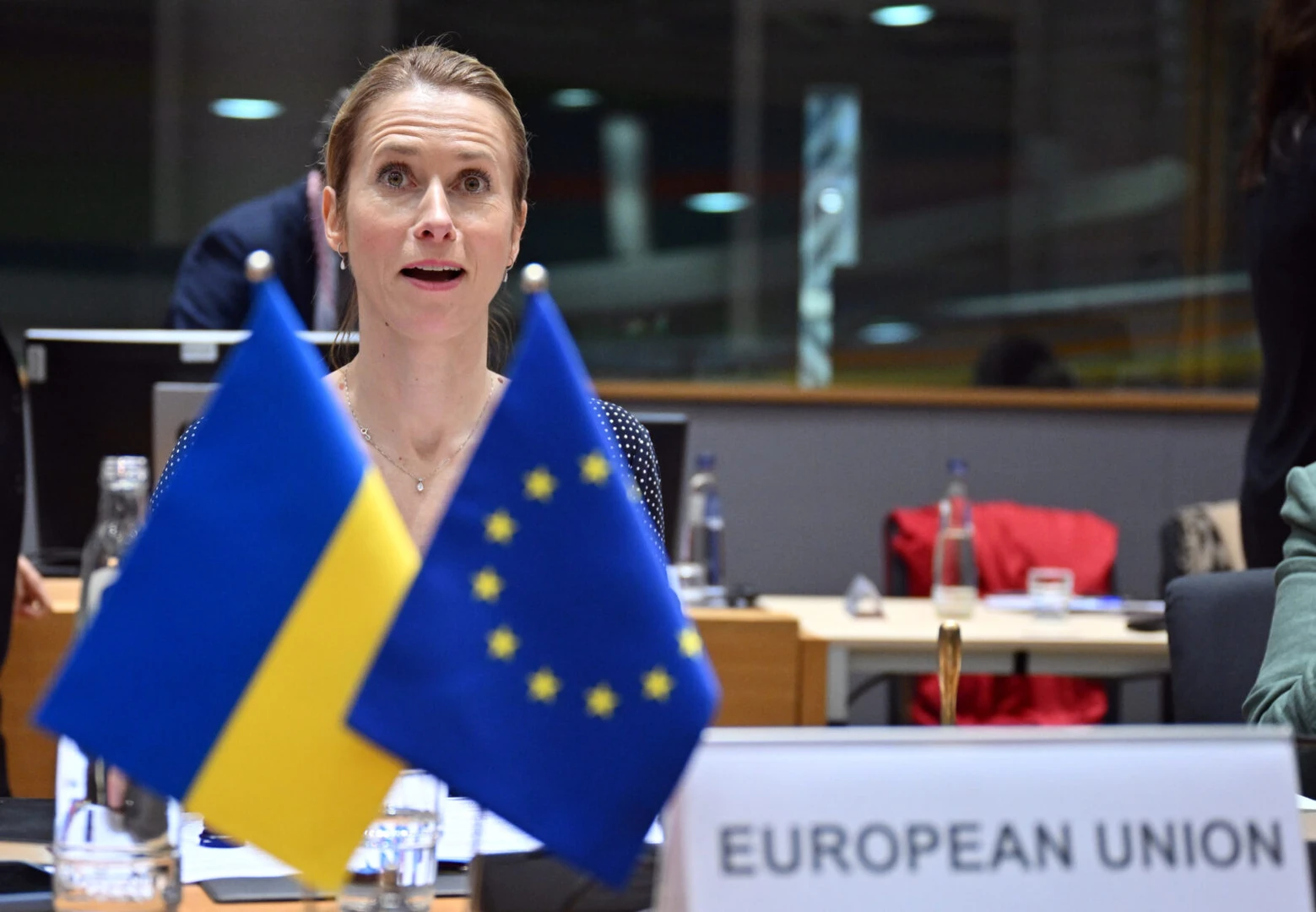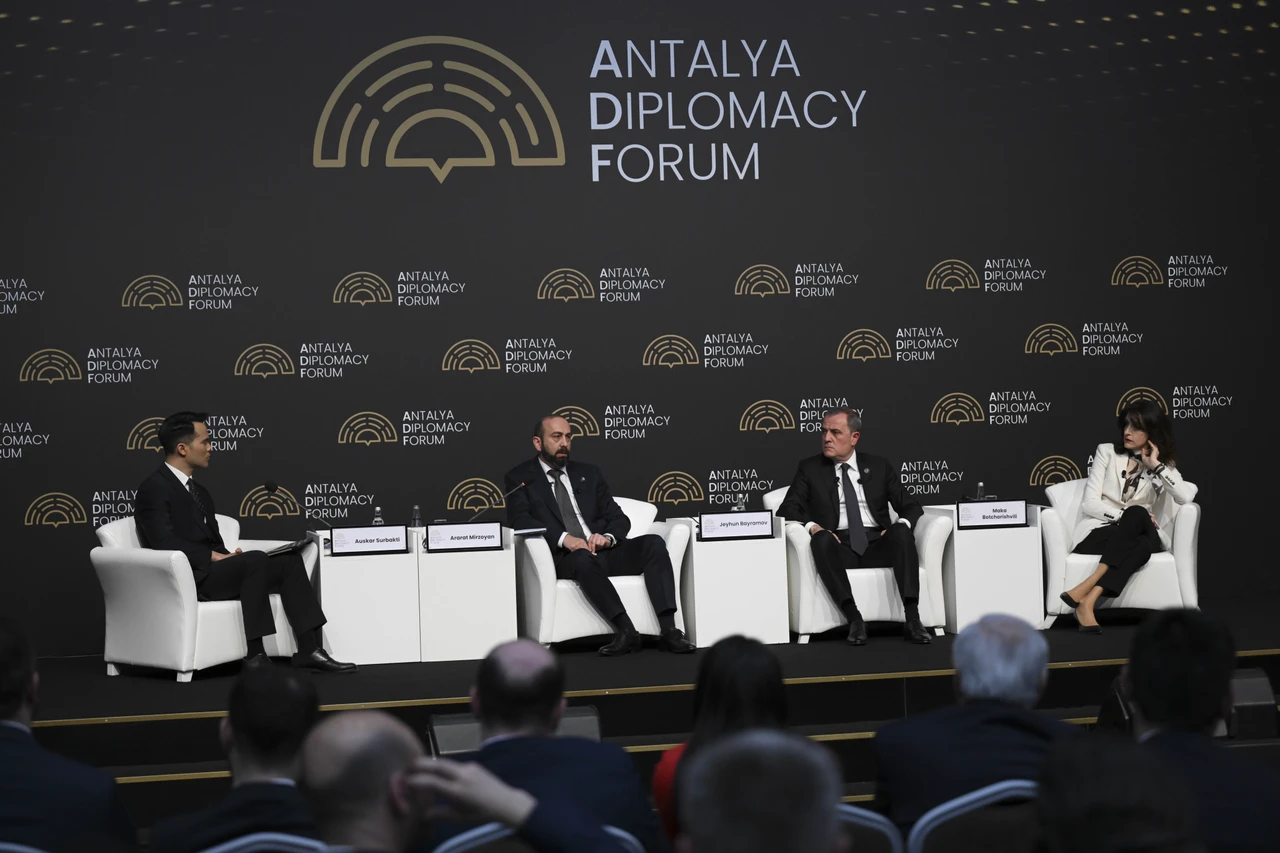Hungary stays in, but Brussels rewriting the rules around it
 Hungary's Prime Minister Viktor Orban arrives for the European Union leaders summit, as EU's leaders attempt to agree on Russian oil sanctions in response to Russia's invasion of Ukraine, in Brussels, Belgium May 30, 2022. (Photo: Reuters)
Hungary's Prime Minister Viktor Orban arrives for the European Union leaders summit, as EU's leaders attempt to agree on Russian oil sanctions in response to Russia's invasion of Ukraine, in Brussels, Belgium May 30, 2022. (Photo: Reuters)
On April 6, Israeli Prime Minister and International Criminal Court (ICC)-warranted war criminal Benjamin Netanyahu landed in Budapest, Hungary, a signatory country of the court.
Since the decision, Netanyahu could only enter Europe with the assistance of his pro-Russian counterpart, Viktor Orban. This was thanks to Orban, though it wasn’t the first instance he contradicted the rest of the continent.
The relationship between Hungary and the European Union has been strained for over a decade, marked by escalating disagreements over democratic standards. Since Orban’s return to power in 2010, the EU has consistently raised concerns about democratic backsliding in Hungary.
Accusations have centered on systemic efforts to erode judicial independence, restrict media freedom, and consolidate executive control.
In 2018, the European Parliament took the extraordinary step of triggering Article 7 of the EU Treaty—a rarely used mechanism that allows for suspending a member state’s rights in cases of serious democratic violations.
However, the measure stalled because of the unanimity requirement among member states. Seeking alternative pressure points, the European Commission introduced the Rule of Law Conditionality Mechanism in 2020, enabling the suspension of EU funds for countries violating core democratic norms. Hungary has since seen billions of euros withheld as a result.
Despite financial penalties, Budapest has refused to roll back controversial reforms, creating a stalemate that continues to frustrate European institutions. The deadlock has highlighted the EU’s limited tools when confronting internal democratic erosion, particularly when political will within the bloc is fragmented.

Hungary’s role in blocking sanctions and accession talks
Hungary’s obstruction has extended to sanctions enforcement and enlargement efforts. EU ambassadors recently struck a last-minute deal with Hungary to renew sanctions on over 2,000 individuals linked to Russia’s war efforts—but only after agreeing to remove a handful of names at Budapest’s insistence.
This pattern is not new. Every six months, when sanctions require renewal, Hungary threatens delays or dilution. The July 2025 renewal of broader economic sanctions is already expected to spark another confrontation.
Orban has also complicated Ukraine’s bid for EU membership. While Kyiv secured unanimous backing to begin accession talks after Hungary dropped an earlier veto, Orbán has now proposed a national referendum in Hungary to determine support for Ukraine’s EU membership. As enlargement requires unanimity, this move could stall Ukraine’s path for years.
Ukrainian President Volodymyr Zelenskyy addressed the EU directly during the recent summit, stating, “It’s simply anti-European when one person blocks decisions that are important for the entire continent.”
Orban’s mixed signals: Defense spending yes, Ukraine support no
Despite his obstructive stance on Ukraine, Orban has backed EU efforts to increase collective defense spending. Hungarian officials say they support European defense investment, especially as U.S. reliability under a potential second Trump term remains uncertain.
This highlights a selective approach: Hungary favors EU initiatives that align with its national interests while undermining those that challenge its foreign policy positioning or domestic agenda.
At the same time, Hungarian spokespersons have projected confidence in their strategic alignment. “We feel ourselves in a very good position,” said Hungarian government advisor Balázs Orbán, citing what he described as Europe’s increasing isolation and Hungary’s strengthening ties to potential power brokers like Trump and Putin.
Hungary may also be finding quiet support among other skeptical governments. Slovak Prime Minister Robert Fico has echoed Hungary’s reservations about additional sanctions on Russia, warning that punitive measures could undermine peace talks. “We cannot stubbornly insist on sanctions at all costs,” Fico said.
This suggests a potential mini bloc of dissenting voices that could complicate consensus-building further in future summits.

Rewriting EU’s playbook: Navigating around veto
Faced with Hungary’s repeated obstruction, EU leaders are beginning to reconsider long-held traditions around consensus. While unanimity remains a legal requirement in foreign affairs, recent moves suggest that Brussels is increasingly willing to adapt through procedural flexibility and informal coordination. In messaging, this has taken the form of joint declarations that simply leave Hungary off the signature list, allowing the majority of member states to express a unified stance without wasting political capital on reluctant holdouts.
More significantly, when funding Ukraine’s defense, the EU has endorsed initiatives that sidestep the need for Orbán’s approval. One such effort, led by foreign affairs chief Kaja Kallas, envisions raising €40 billion for Ukraine, including €5 billion earmarked for ammunition. Structured as a voluntary contribution model, this funding strategy allows member states to support Kyiv without triggering a Hungarian veto.
Behind closed doors, diplomatic efforts are also intensifying around the use of “enhanced cooperation”—a treaty-based mechanism that permits a core group of EU countries to move forward in specific policy areas when unanimity is not achievable.
Is the EU preparing a showdown?
Though there is no legal mechanism to expel a member state, the EU is increasingly signaling that it may act politically and procedurally to isolate Hungary in areas where obstruction threatens broader interests.
The pattern now emerging—of bypassing vetoes where possible, avoiding fruitless negotiations, and rethinking mechanisms for defense and diplomacy—marks a shift in how the bloc deals with internal dissent.
Brussels may also wait for internal shifts. Hungary’s economy is struggling, and polls show rising support for opposition leader Péter Magyar, whose TISZA party could pose a credible challenge to Orbán in future elections. For now, though, EU leaders are recalibrating their expectations—not necessarily to change Orbán’s mind, but to limit his ability to hold the continent’s foreign policy hostage.



